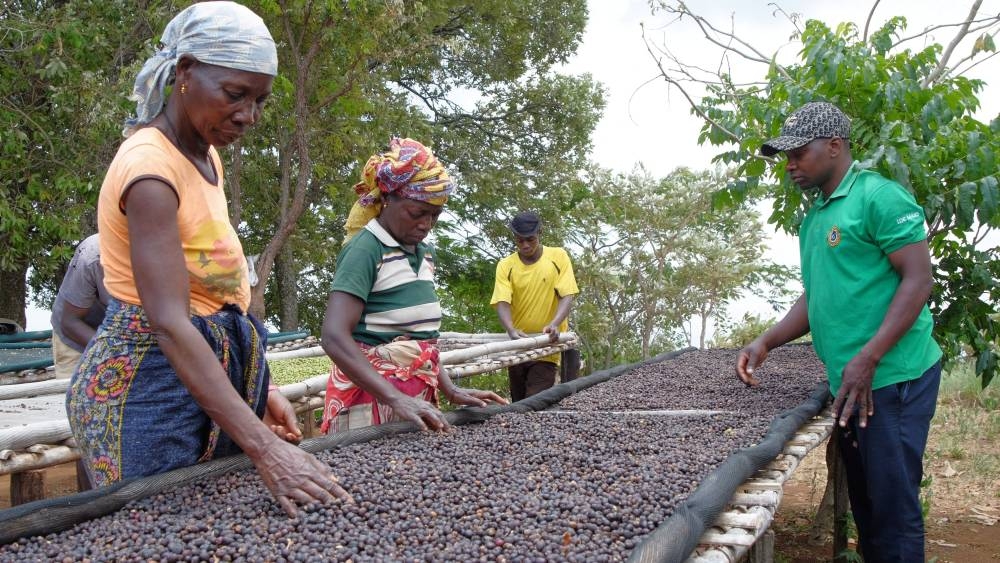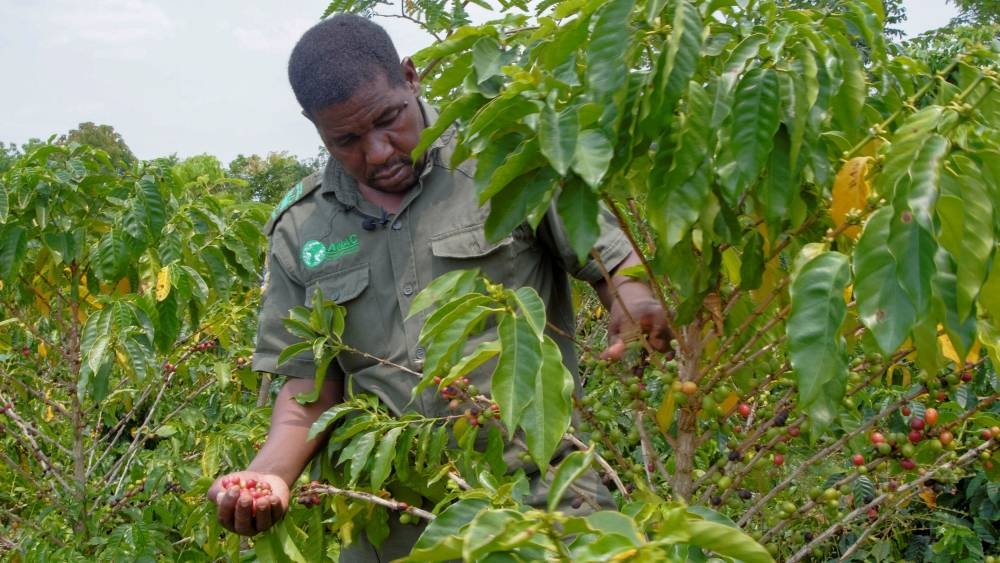MOUNT GORONGOSA (Mozambique), Nov 7 — Park warden Pedro Muagura sees hope for the future as he picks a ripe handful of cherry red coffee beans from a more resistant variety of coffee trees introduced to communities farming around Mozambique’s Gorongosa National Park.
The prospect of a more reliable harvest from the crop, which thrives in the shade of indigenous trees, has given people living around Gorongosa a longer-term incentive to protect a rainforest that has lost more than 100 hectares of tree cover per year over the past four decades.
Gorongosa is still recovering from a civil war that killed about 1 million people between 1977 and 1992.
The park, once considered one of Africa’s finest, became a conflict site and lost almost all of its wildlife.

Population growth and urbanisation in surrounding communities undermined restoration efforts as remaining animals were poached and forests cut down for firewood, agriculture and housing.
“We realised that if we keep talking as a park, keep talking that we need to do reforestation without having immediate tangible benefits... (progress) was very slow,” Muagura said.
Gorongosa Park’s sustainable development department has been studying coffee tree varieties from around the world that are resistant to pests, disease, drought and prolonged rainy seasons. It planted up the variety Muagura was looking at in 2020.
Weather patterns have grown increasingly erratic in Mozambique, where climate shocks including repeated cyclones have offset livelihoods in one of the world’s poorest countries.
“Sometimes (there is a) very long rainy season, sometimes very short,” Muagura said. “We want to try to have species which can cope.”

Last year, communities around Gorongosa planted more than 260,000 coffee trees and 20,000 indigenous trees.
The park now has 815,000 coffee trees planted over 243 hectares of land.
More than 800 small-scale farmers, 40 per cent of who are women, pick the green coffee, dry the beans and sell them.
“I have gained a lot. I am able to send my children to school, and even though sometimes we experience drought with coffee we are always harvesting and having money,” said Fatiansa Pauline, who is now permanently employed by the coffee project. — Reuters






















